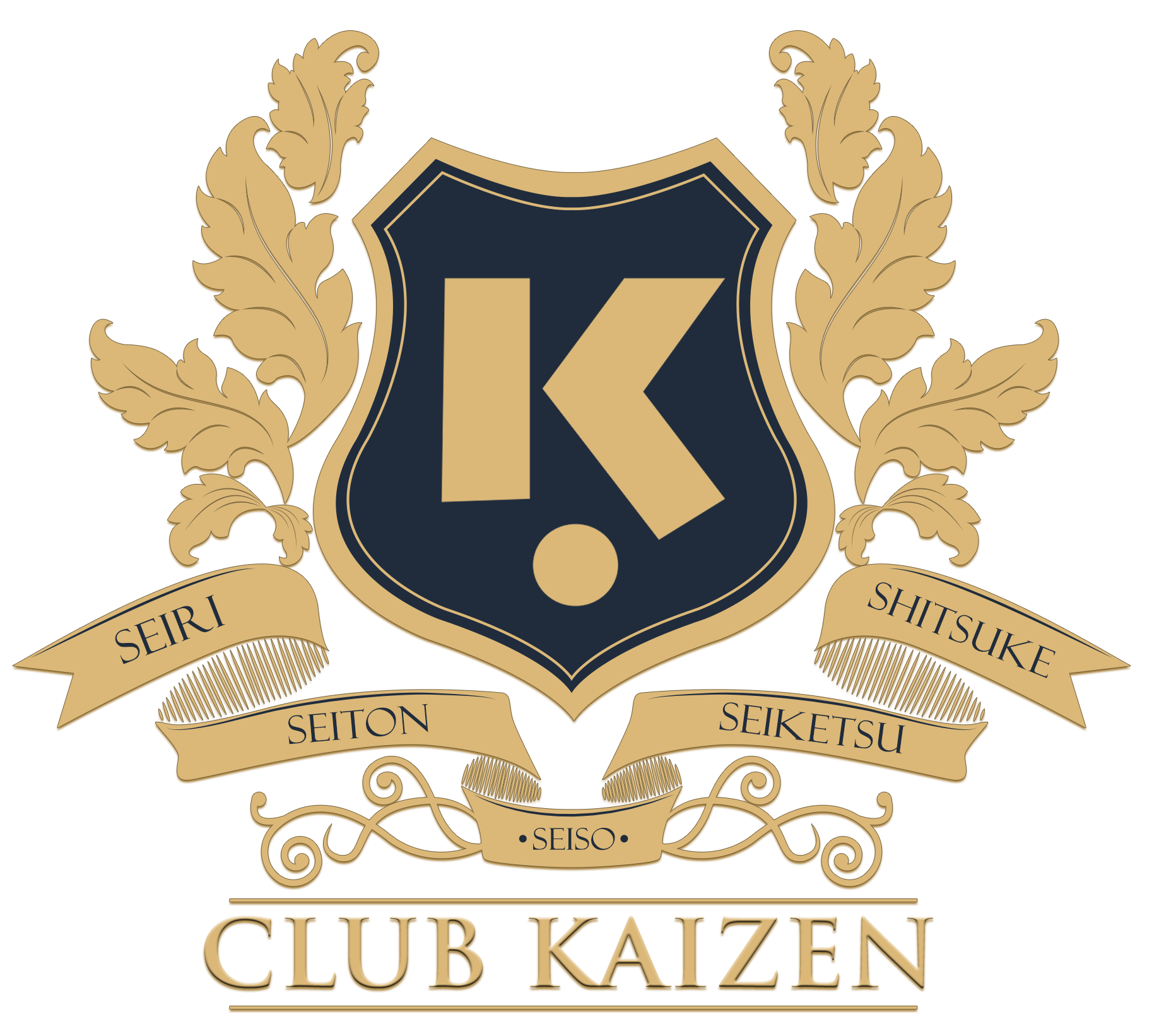
The COVID-19 pandemic made us all aware of the extreme vulnerabilities in the supply chains all across the globe. The challenge was truly unprecedented. The disruptions ranged from being present in the manufacturing processes to delays being experienced in transportation. And hence in the post-pandemic era, building resilient supply chains is now more than ever imperative.
By Supply chain resilience, we refer to the ability of a system to anticipate, prepare for, respond to, and recover from disruptions. This is now not an option which should be looked into but a necessity at all costs.
Through this article we aim to discuss the various avenues and aspects that should be taken care of:
- Diversification: One of the most primary lessons that we learned from the pandemic is how important it is to diversify. One should not rely heavily on a single supplier or a specific geographic region. Businesses should diversify their supplier base, source materials from multiple locations, and establish backup plans to mitigate risks that might cause disruptions in a particular area.
- Technology: Like any other area of life today in general, technology plays a pivotal role in enhancing supply chain resilience as well. Greater visibility and transparency across is enabled through advancements in artificial intelligence, blockchain, and Internet of Things (IoT). One can even identify potential bottlenecks through real-time data analytics and prevent a crisis.
- Collaboration: Establishing strong partnerships with primary and secondary stakeholders fosters better communication and coordination. This helps share resources, information, knowledge and best practices, thereby enhancing the collective ability to respond to disruptions more effectively.
- Robust risk management strategies: Conducting comprehensive risk assessments, identifying potential threats, and developing contingency plans to mitigate their impact are some of the pointers. There needs to be development of dynamic capabilities for the same.
- Agility and flexibility: The traditional models had rigid structures and were accompanied by long lead times but they are not suited to cope up with the volatility and uncertainty of today’s business environment. Hence structures that enable rapid adaptation to the ever changing market conditions and customer preferences must be put into place.
- Culture: A culture supporting continuous improvement and innovation at all levels, with organizations trying to constantly evolve and refine their supply chain processes to stay ahead of emerging challenges is the need of the hour.
- Talent development and training: Enough stress cannot be put on this point. Employees need to be provided the skills and the necessary knowledge to navigate the complex supply chain dynamics effectively. Cross-functional teams can facilitate collaboration and decision-making, enabling organizations to respond more agilely to disruptions as they arise.
Finally, organizations need to note that resilience is a journey and not the destination. Building and maintaining resilient supply chains will be a continuous and ever going commitment and investment. Organizations should continuously monitor and evaluate their supply chain performance against set metrics, identify the suitable areas for improvement, and try to adapt their strategies accordingly. To navigate the complexities of a post-pandemic world, businesses must make resilience as a part of the organization’s basic values to thrive in this increasingly uncertain and dynamic global landscape.

